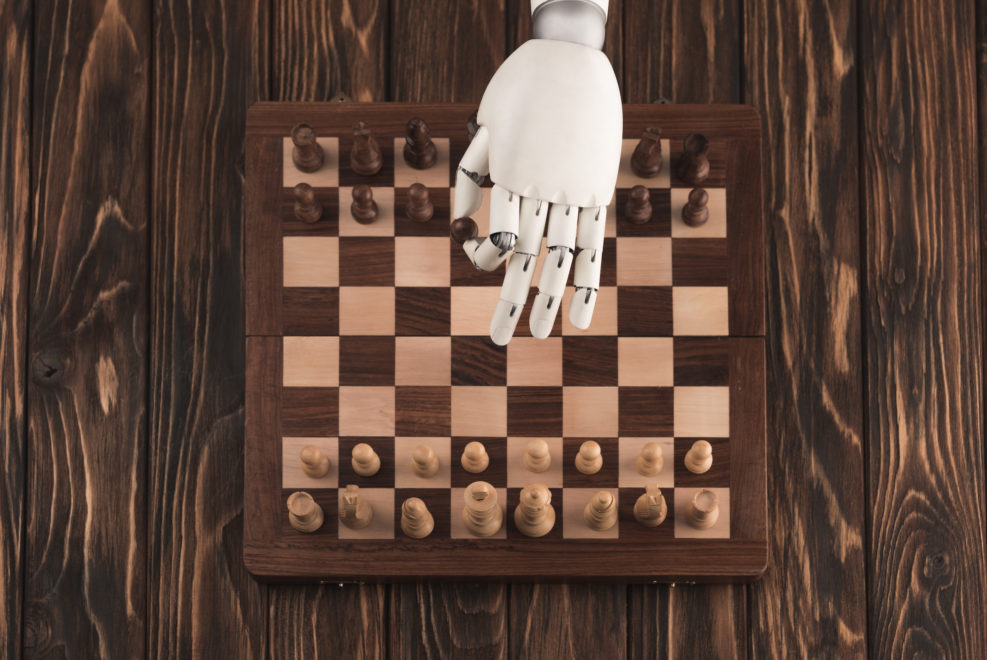
Funny ChatGPT: a Solution to Striking Joke Writers?
Even if ChatGPT can mimic humor, it doesn't care if you laugh at the jokesCan ChatGPT write funny jokes? The answer is yes. To try and generate some short jokes, I went to ChatGPT and started all my queries with: “Complete the following to make it funny:” Doing so alerts ChatGPT about my end goal. Without this preamble, I could make queries all day and get no funny responses. I started with the beginnings of some well-known quotes. To Be or Not to Be Consider for example the quote from Shakespeare’s Hamlet: “To be or not to be, that is the question.” I instructed ChatGPT with the following command: “Complete the following to make it funny: To be or not to be…” One of the better responses I got was “To be or Read More ›






